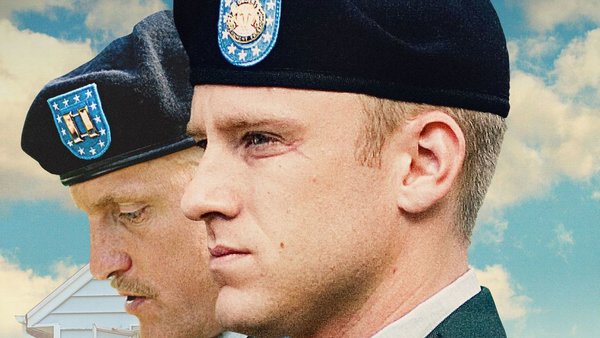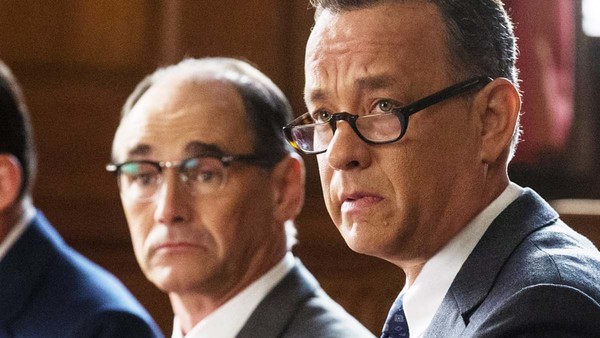10 War Films Where Everyone Survives
War movies are often notorious for their death counts. Here are some classics subverting that.

When we think of war movies, we often think about the battles themselves.
Some of cinema's greatest filmmakers bringing their skills to the battlefield, capturing the chaotic violent haze of a war zone as bodies fall and artillery explodes. The art of war is often cinematic, with even the films that profess to be opposed to war getting lost in the allure of violence and destruction. There's a famous sentiment by the late French filmmaker François Truffaut about every anti-war film ending up being pro war, usually through the depiction of armed conflict.
Truffaut makes an excellent point: how do filmmakers expect to subvert and deconstruct the images of violence in war while also lingering in them? Even the films outside of conventional battlefields such as Merry Christmas Mr Lawrence have moments of death that define them, acts of brutal violence that haunt the memories of whoever sees them.
While there are countless incredibly violent masterpieces about war, there have been several classic war films where battles aren’t present, where no violent deaths are depicted on the ground of war. The focus is placed entirely on the lingering effects of these massacres on individuals, families and nations. These are works that could be seen as genuinely opposed to war.
Disclaimer: some of these films involve the deaths of protagonists off screen, or on screen deaths of minor characters outside of direct combat.
10. Bridge Of Spies

One of Spielberg's best films of the 21st century, Bridge of Spies is a Cold War film all about the process of saving lives, going through bureaucratic systems and international negotiations to keep people alive at a time of global conflict. It's an incredibly heartfelt and intimate film about doing what you can to make the world a better place, even when it seems like the end is inevitable.
Tom Hanks plays an American lawyer during the Cold War, who is recruited to defend a KGB spy in an Oscar winning performance by Mark Rylance. Their attorney/client relationship and a growing trust between the two leads to Hanks being the lead American negotiator for a hostage exchange in Berlin, swapping Rylance for a crashed American pilot that the Russians have incarcerated.
Spielberg chooses to focus on the developing relationship between Hanks and Rylance’s characters, as mutual respect and admiration begins to define them even as their countries threaten war.
There is barely any violence, except for some torture sequences with the captive pilot, and no on screen deaths. There is more focus on Hanks’ sneezing than there is bloodshed, and that’s incredibly refreshing for the war genre.